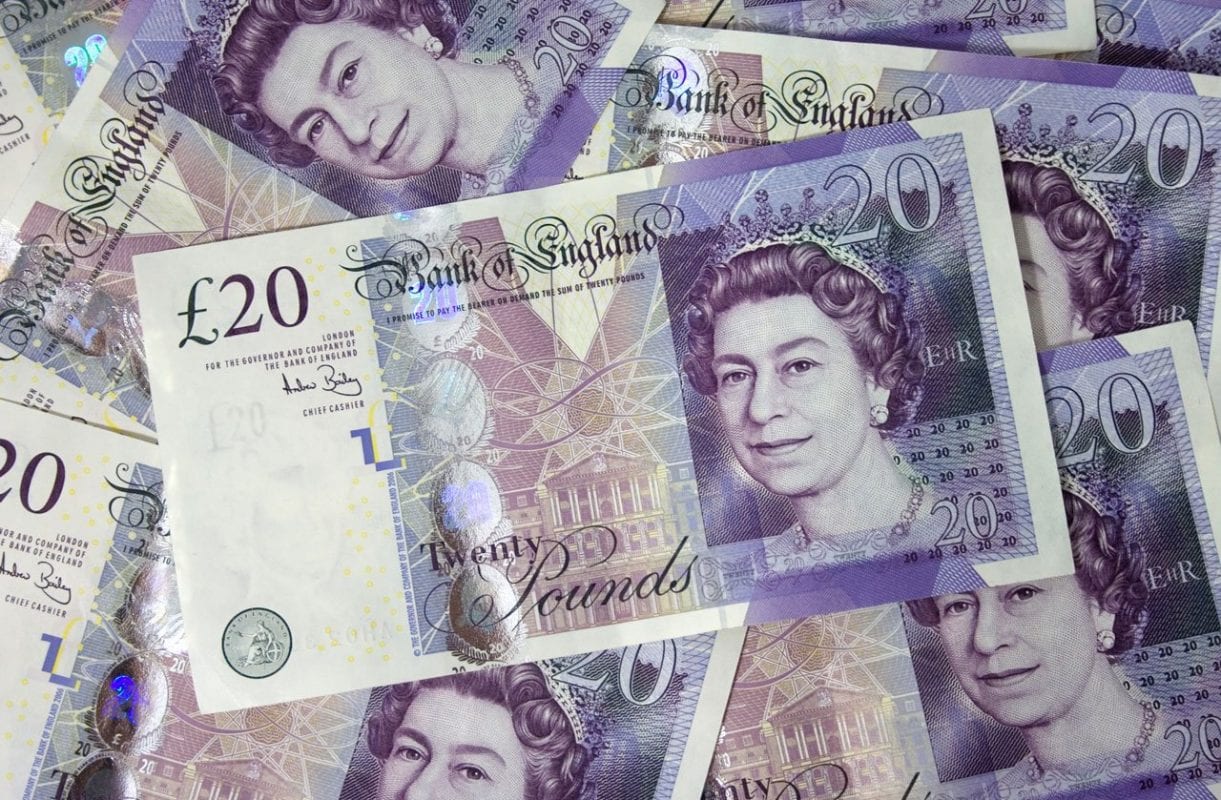Following the end of tax year 2017, you’re likely to be working out your tax return to check if your PAYE Tax qualifies you for a UK Tax Returns taxman offers.
Whether or not HMRC will send you overpaid or underpaid tax calculations heavily depend on how much tax your employer paid through the PAYE scheme.
What is PAYE Tax?
Before you can claim PAYE Tax Returns, you must first pay tax on your taxable income.
As an employee in the UK, you must pay income tax that your employer directly deducts from your pay at the end of each week or month.
The tax deducted from your salary through ‘Pay As You Earn’ or ‘PAYE’ serves as your contribution to central government spending on education, health, transport, and other benefits.
You also pay tax on company benefits like loans, accommodation, medical insurance, and cars.
The good news is some benefits are tax-free, such as mobile phones, subsidized meals, child care provision, parking provision, and Christmas parties and other events.
What are tax codes and allowances?
HMRC will allocate a tax code for you that will tell your employer how much tax to deduct from your income and the amount you’re allowed to earn before tax is paid.
A tax code is usually a combination of a letter and numbers like L535, with the last three digits indicating the base amount you are allowed to earn before paying tax.
If you multiply 535 by 10, your earning before tax is £5,350.
Personal allowance, on the other hand, is the amount you earn tax-free.
For the tax year 2016-2017, the amount is £11,000 and for 2017-2018 an additional £500.
Anything you earn above this rate is taxable by 20%, 40%, or 45%.
Why pay national insurance (NI)?
Your National Insurance contributions (NICs) pay towards your state pension and any social security benefits you can take advantage of. How much you pay will depend on your income and is also deducted through the PAYE system.
The current NIC rate for most employees is 9%.
National Insurance may also be imposed on company benefits, especially those that are paid in cash or those that you can sell, such as a gift from your employer.
But NIC for other benefits you get from your job is paid by your employer instead.
Overpaying or underpaying tax
Between the two, overpaying tax is better since you qualify for a tax refund. This can happen if:
- You were given an emergency tax code when you started working
- The wrong tax code was used by your employer
- You only worked for part of the year
- You worked more than one job at the same time
- You became self-employed, made redundant, or you retired
If any of these happened to you, the Tax Refund UK rules will allow you to claim tax back.
If you underpaid tax, however, you must pay it sooner to avoid penalties.
In the event that you received a tax refund even if you underpaid tax, inform HMRC right away. Don’t spend the money that you’ll have to return.
Refer to your payslips or P45 form to determine if you can claim tax back or you have to pay HMRC.
Do you need help with your tax return or Self Assessment UK at the end of tax year 2017? Seek professional advice from tax experts, particularly those specialising in UK tax returns online, tax refund UK, and tax rebate services.
Image by PublicDomainPictures from Pixabay

